Implications of Xi Jinping resuming overseas trips before 20th Party Congress
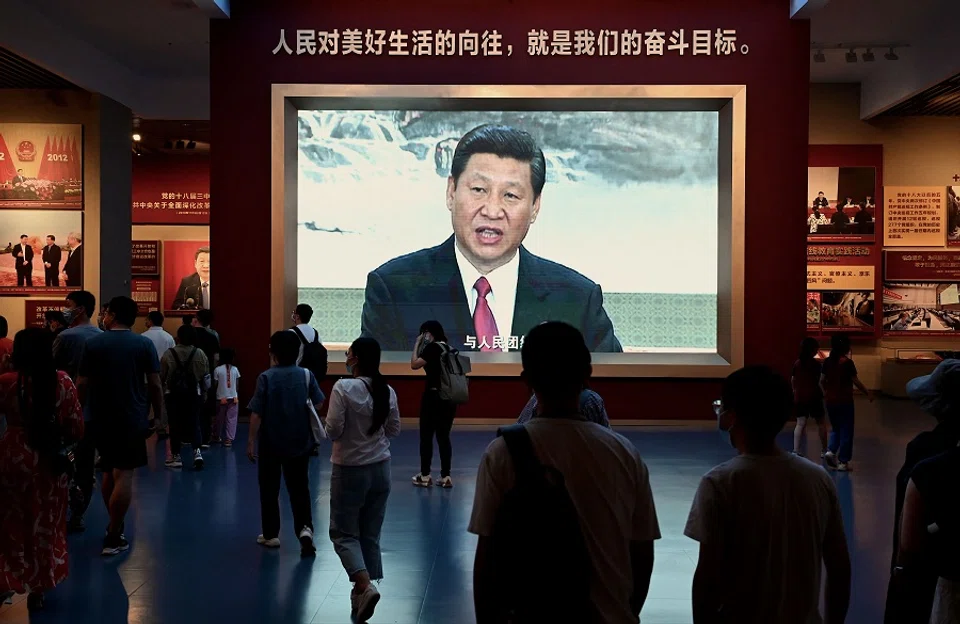
News of Chinese President Xi Jinping's resuming trips abroad has been making the headlines recently. According to Russian news agency Sputnik, the Kazakh foreign ministry announced on 5 September that Xi will make a state visit to Kazakhstan on 14 September.
Last month, a Wall Street Journal report had also quoted people familiar with the matter saying that Xi would visit Central Asia in September. Beijing is reportedly preparing for Xi's attendance at the Shanghai Cooperation Organisation (SCO) summit on 15-16 September in Samarkand, Uzbekistan's second largest city, at which he may also have meeting on the sidelines with Russian President Vladimir Putin.
Xi's first trip in two years
If the visit happens, it will be Xi's first trip outside of China since the Covid-19 pandemic broke out in 2020. Shortly after Xi's visit to Myanmar in January 2020, China was hit by the major Covid-19 outbreak. Since then, China has adopted a "dynamic zero-Covid" policy and implemented strict border controls. The higher-ups have also been extremely cautious about face-to-face diplomacy.
... none from the Politburo Standing Committee has gone overseas over the past two years.
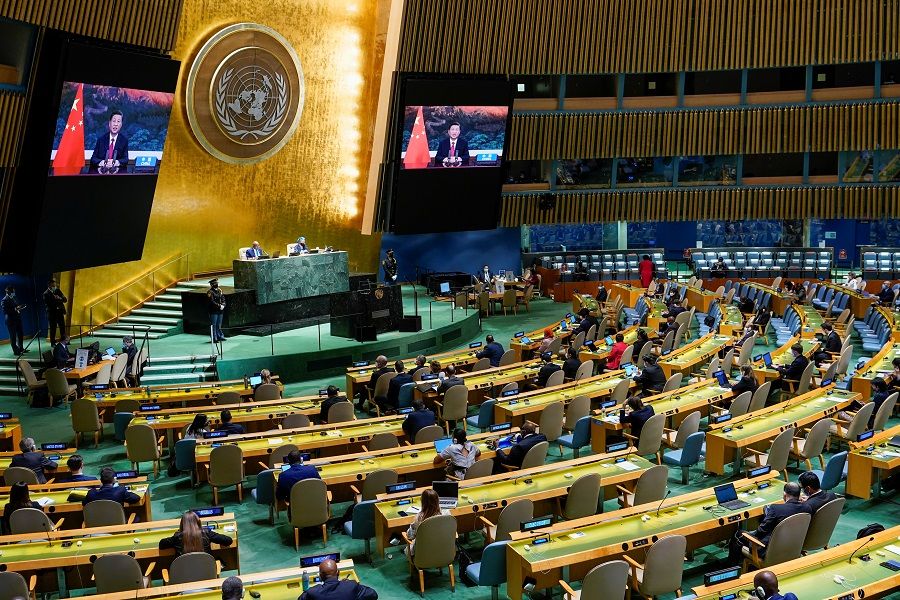
As of today, among the Politburo members of the Chinese Communist Party (CCP), only Director of the Office of the Central Commission for Foreign Affairs Yang Jiechi has made foreign trips, while none from the Politburo Standing Committee has gone overseas over the past two years.
Actually, China's leader made more frequent trips than the US president prior to the pandemic. In a report published last year, Neil Thomas, a regional analyst with political risk advisory Eurasia Group, estimated that from 2013 up to the outbreak of the pandemic, Xi visited an average of 14 countries annually, and spent around 34 days abroad, surpassing his predecessors Hu Jintao and Jiang Zemin, as well as former US presidents Barack Obama's and Donald Trump's average of 25 days and 23 days respectively.
While Chinese leaders have attended diplomatic events via video conference since the start of the pandemic, China's absence from various global summits is bound to affect China's engagement with the outside world. More so amid intensifying China-US rivalry and escalating tensions in the Taiwan Strait, trust-building is hard to do without face-to-face interactions.
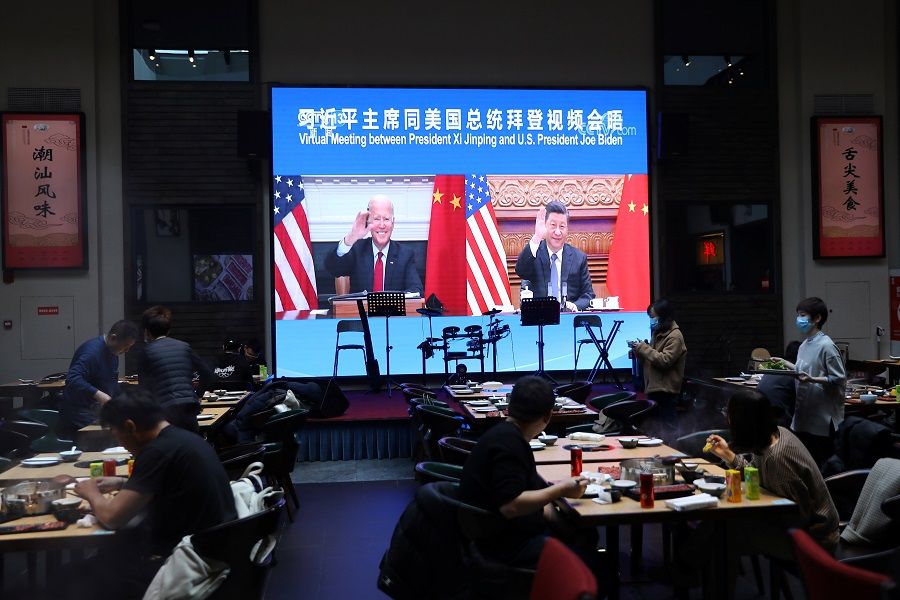
Prior to the announcement, all eyes were on the G20 Bali summit in November. The Indonesian host had indicated that the Chinese and Russian leaders have been invited to attend, and in an interview with Bloomberg last month, Indonesian President Joko Widodo said that Xi would attend the summit. Pundits were wagering that the G20 summit would be Xi's first foreign outing since the pandemic, and the first Xi-Biden face-to-face meeting since the latter took office could take place on the sidelines.
If Xi goes overseas in the middle of this month, it would show that the CCP leadership is confident about the domestic situation.
Different camps forming
In light of recent news, the Chinese leader's major diplomatic event in autumn could come earlier than expected. If Xi visits Central Asia in September as reported by foreign media, what could it signify?
First, the upcoming 20th Party Congress is generally set, with the Politburo deciding late last month that the session will open in Beijing on 16 October. If Xi goes overseas in the middle of this month, it would show that the CCP leadership is confident about the domestic situation. The major appointments have been finalised, and there will not be any unexpected changes before the session.
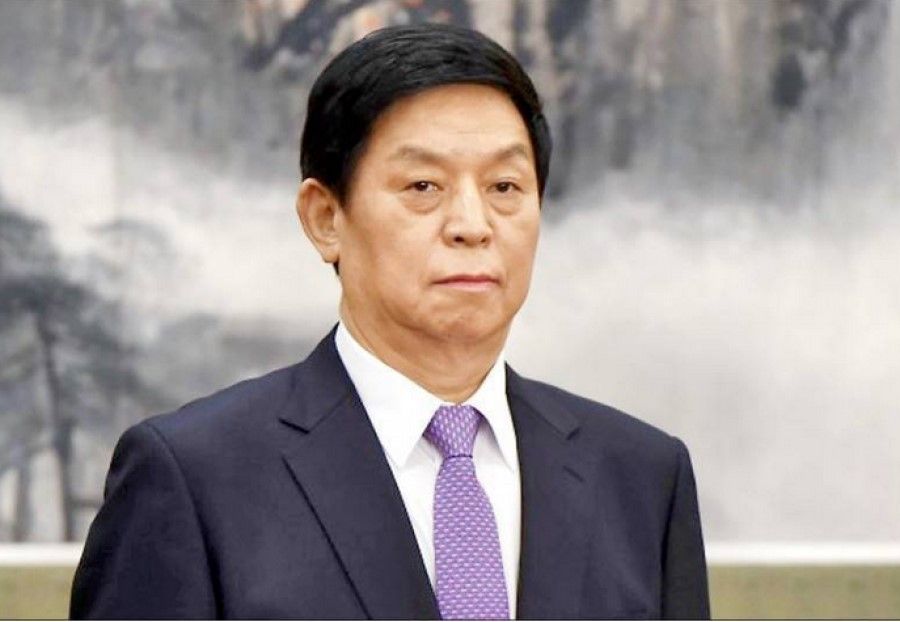
In fact, soon after the date for the congress was released, the Chinese authorities announced on 4 September that Li Zhanshu - chairman of the Standing Committee of the National People's Congress and the third highest ranking member of the Politburo Standing Committee - would attend the Eastern Economic Forum in Russia and visit Mongolia, Nepal and South Korea from 7 to 17 September.
Li is the first Politburo Standing Committee member to go overseas since the pandemic, and his trip signifies that Chinese leaders' overseas visits are not contingent on the commencement of the 20th Party Congress.
Second, Beijing will signal its non-alliance with the US and its strengthening relationship with Russia. The G20 session in Bali is expected to be the first fully in-person summit since the pandemic, but following political incidents such as the war in Ukraine, worsening China-US relations and US House Speaker Nancy Pelosi's visit to Taiwan, the atmospherics at the meeting will be vastly different from that during the 2019 session in Osaka. There is a higher chance of different camps forming.
... it would signal that Beijing is strengthening relations with Moscow and building a line of defence against the US.
Over the past couple of years, the US has actively courted its allies to build alliances against China, while common geopolitical interests have gradually spurred China and Russia's cooperation in diplomacy, economy and the military. Following Pelosi's visit to Taiwan, Moscow continued to express support for Beijing, and early this month China deployed 2,000 personnel from all three services to participate for the first time in Vostok 2022, Russia's military exercise in the Far East and the Sea of Japan.
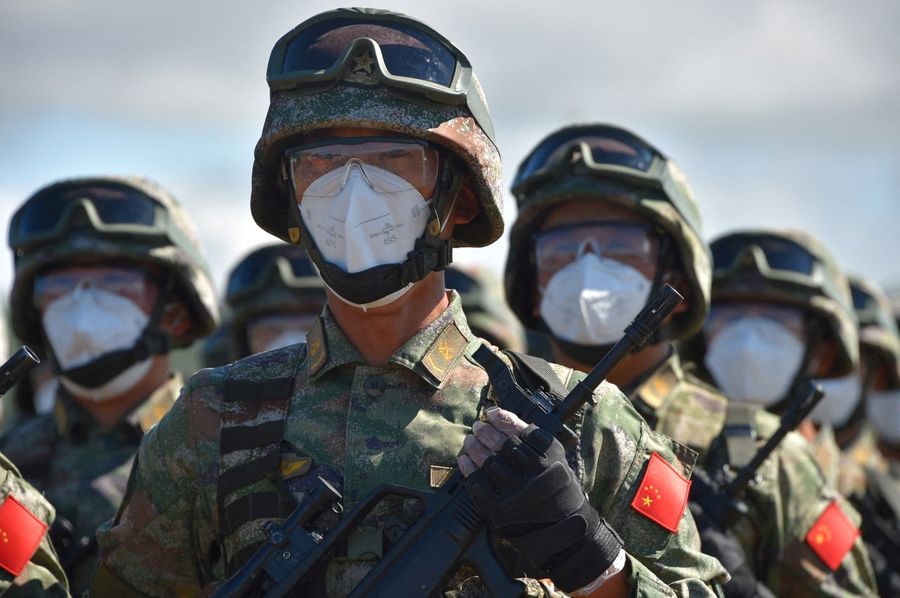
If the Chinese leader visits Central Asia and a meeting is set up between the Chinese and Russian leaders ahead of a Xi-Biden meeting, it would signal that Beijing is strengthening relations with Moscow and building a line of defence against the US.
Leaders' diplomacy going forward
Some optimists believe that as the pandemic has prevented the Chinese leaders from going overseas, resuming these foreign visits might herald the easing of China's pandemic policy.
... the leaders' overseas visits bear hope that border controls might be relaxed after the 20th Party Congress, and the people can have normal exchanges again.
There has been recent discussion in China about "closing up" - fears that the authorities might reverse its basic national policy of opening up have cropped up amid the Chinese society's anxiety over the continued high-pressure anti-epidemic measures and worries about the economic impact, restricted movement and limited external interaction.
Hence, the leaders' overseas visits bear hope that border controls might be relaxed after the 20th Party Congress, and the people can have normal exchanges again.
As of 6 September, China has not confirmed news of the leaders' overseas visits, and it is still unknown how Beijing will embark on leaders' diplomacy going forward. But as the Chinese proverb goes, "It's harder to be cold and detached when you look someone in the eyes (见面三分情)". Whether diplomacy between countries or exchanges between people, that face-to-face communication is necessary.
Related: China's alliance with Russia is solidifying | The importance of Russia in China's foreign relations | China's growing influence in the Indian Ocean: Wang Yi's visit to Comoros, Sri Lanka and the Maldives | Countdown to 20th Party Congress: Xi Jinping in command as China's party leadership takes shape | Birthplace determining political career in the CCP: Countdown to the 20th Party Congress
